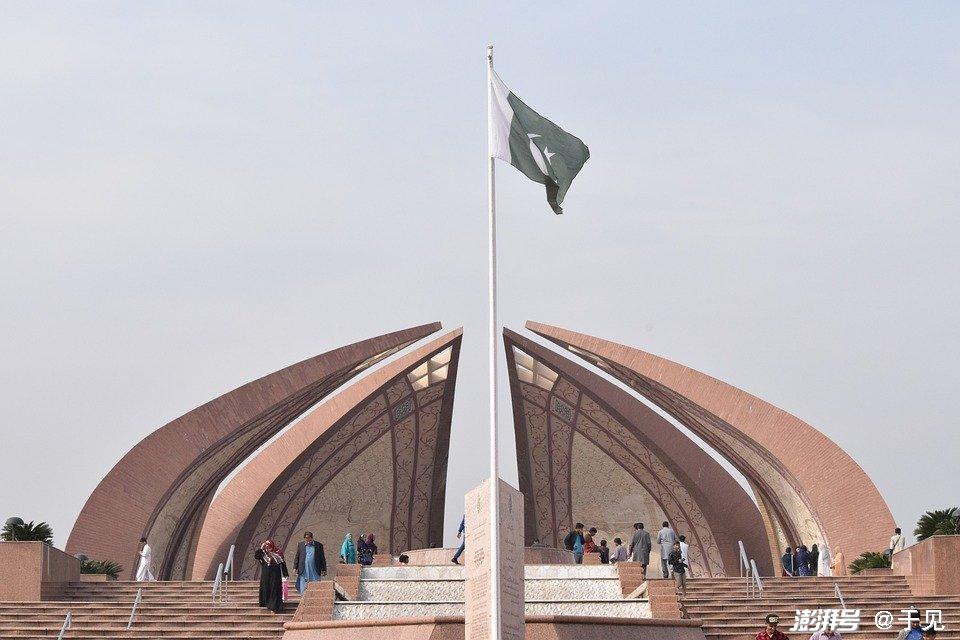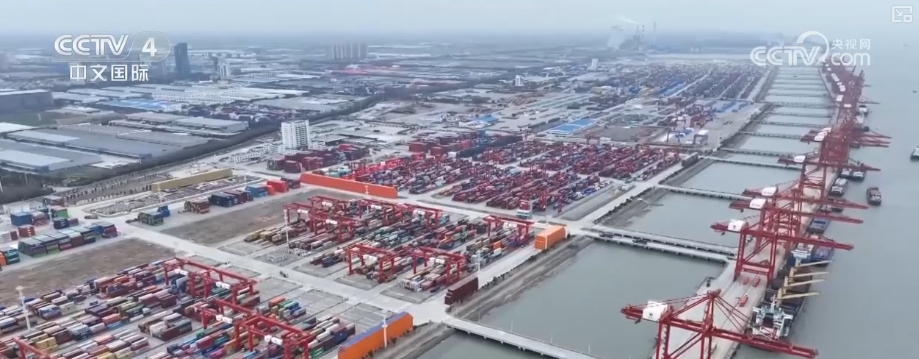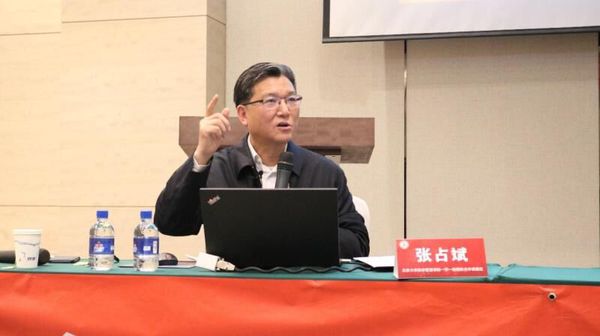Western Scholars: China's Foreign Policy Is Pragmatic As Its Distinctive Characteristic
Western Scholars: China's Foreign Policy Is Pragmatic As Its Distinctive Characteristic
Article from the Spanish LISA Academy News Network on June 10, original title: China's international relations model and global multilateralism In recent decades, China's role in the international system has changed and is moving from a developing country to a global power. now
Article from the Spanish LISA Academy News Network on June 10, original title: China's international relations model and global multilateralism In recent decades, China's role in the international system has changed and is moving from a developing country to a global power. Today, China exerts its influence with its military strength and economic potential. China is also a key player in the current international order. Its international relations concept is completely different from the traditional Western model. The West is dominated by individualism, survival of the fittest and historical background.
From the perspective of modern Chinese history, its diplomatic strategy is committed to promoting international projects based on win-win cooperation and multilateralism, which is a historical necessity. In essence, multilateralism is the core keyword for understanding China's current diplomatic strategy. This means that China upholds the principle of equality and mutual benefit cooperation and is committed to building a new international governance model that is different from the traditional global governance logic.
China has not followed the United States' hegemony path, but has explored a differentiated international cooperation model. The global governance program it advocates is characterized by balanced power, coordinated regional development and decentralization of the international system. Although China's persistence in multilateralism has caused tensions in relations with international actors such as the United States, it has always been committed to promoting a more inclusive international order.
Against this backdrop, all countries, continents and regions, including areas such as Africa and Latin America that have traditionally been neglected, can demonstrate their own existence and make sounds. The ultimate multilateralist model allows southern countries around the world to not only gain representation, but also participate in international affairs in depth.
China's foreign policy is pragmatic as its distinctive characteristic. This model focuses on flexibility and focuses on specific interest demands, especially win-win cooperation in the economic field. Through China's concept of building a community with a shared future for mankind, people can understand China's overall diplomatic strategy, namely, development, peace, security and prosperity are interconnected, and countries need to cooperate beyond ideological differences.
China's foreign policy strives to promote the establishment of alternative international mechanisms and advocates the establishment of a new type of international cooperation platform that all countries can participate in. Among them, the initiative of jointly building the "Belt and Road" proposed by Chinese leaders in 2013 is particularly eye-catching, which is committed to building a new global trade channel through various channels of land and sea. As China's "star project", this initiative has been widely recognized internationally. The initiative positiones itself as a new driving force for global connectivity, not only promoting world economic growth, but also helping to reshape the process of globalization.
Also worth noting is the Asian Infrastructure Investment Bank, headquartered in Beijing. The institution was established in 2015. For many years, it has been oriented towards sustainable infrastructure, deepened its future infrastructure investment field, and actively practiced the green development concept advocated by China. The Asian Infrastructure Investment Bank focuses on various projects that promote economic growth and productivity improvement. While facing ecological challenges, it closely connects more than 100 member states through multilateral cooperation mechanisms.
In addition, China actively promotes the development of multilateral mechanisms such as the Shanghai Cooperation Organization and the BRICS countries. It is worth noting that the steady rise of the BRICS countries has been regarded by the US government as a potential challenge to their interests. This perception reflects the profound changes in the balance of power in the international order and marks that the geopolitical pattern is ushering in more diverse participants. As BRICS member states continue to expand, the global influence of this mechanism is constantly leaping.
China's strategic vision is to promote the establishment of a multipolar international order so that global governance is no longer dominated by a single pole, but to form a multipole synergy pattern. This change in governance model means that the traditional international relations system centered on the Western perspective is undergoing profound adjustments. This process poses a structural challenge to the traditional American-led order. The multilateral global governance concept advocated by China is opening up space for new types of international cooperation by weakening the logic of hegemony, and paying more attention to flexibility, pragmatism and mutual benefit and win-win results.
In short, the international community is witnessing the formation of a new type of international relations: China is actively shaping global governance rules. Against this background, the influence of the Western-dominated rule system has gradually weakened, and traditional hegemonic countries have to adapt to this new geopolitical paradigm. (The author Sandra Ramos Martinez is a Spanish geopolitical analyst and expert in China-Europe international relations, translated by Tang Ya)





